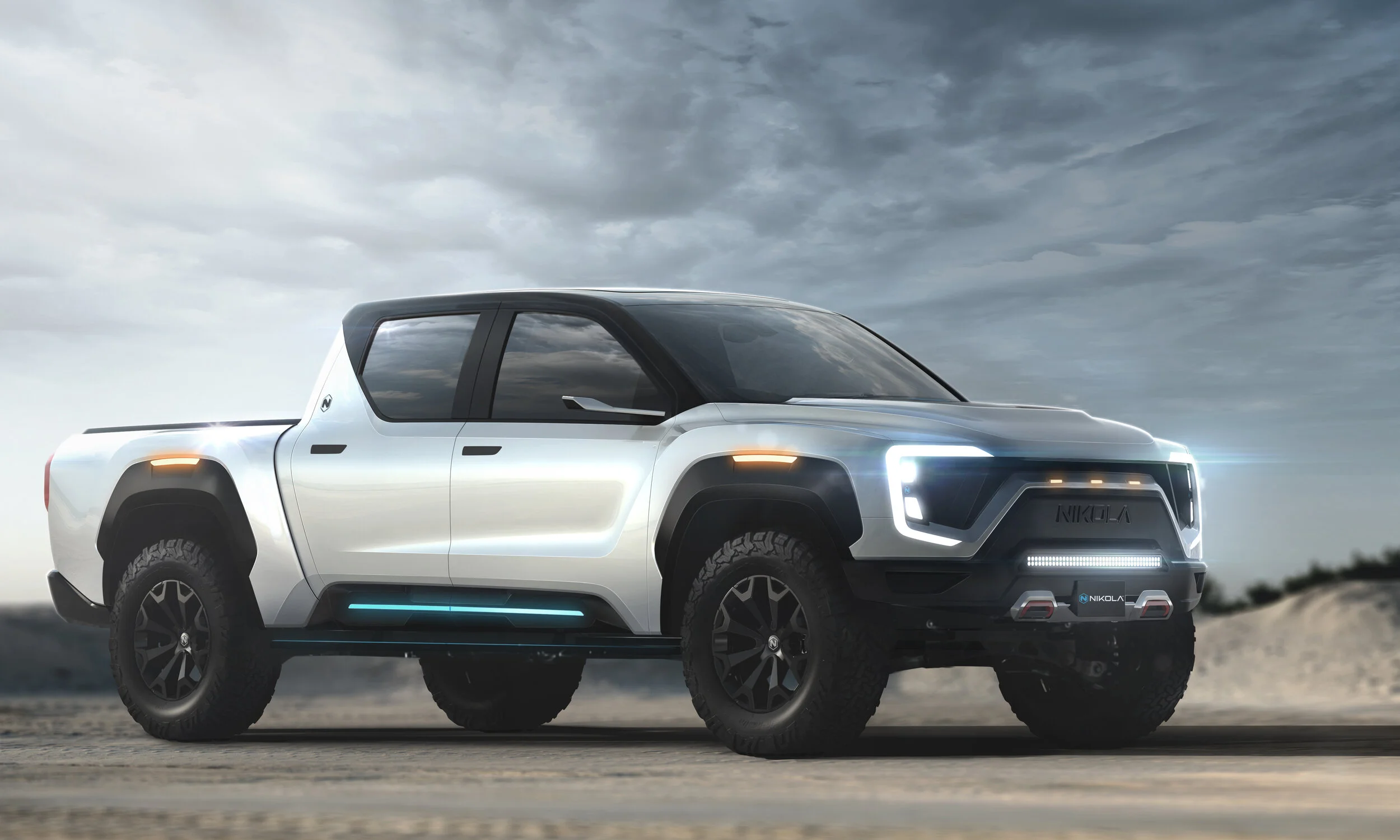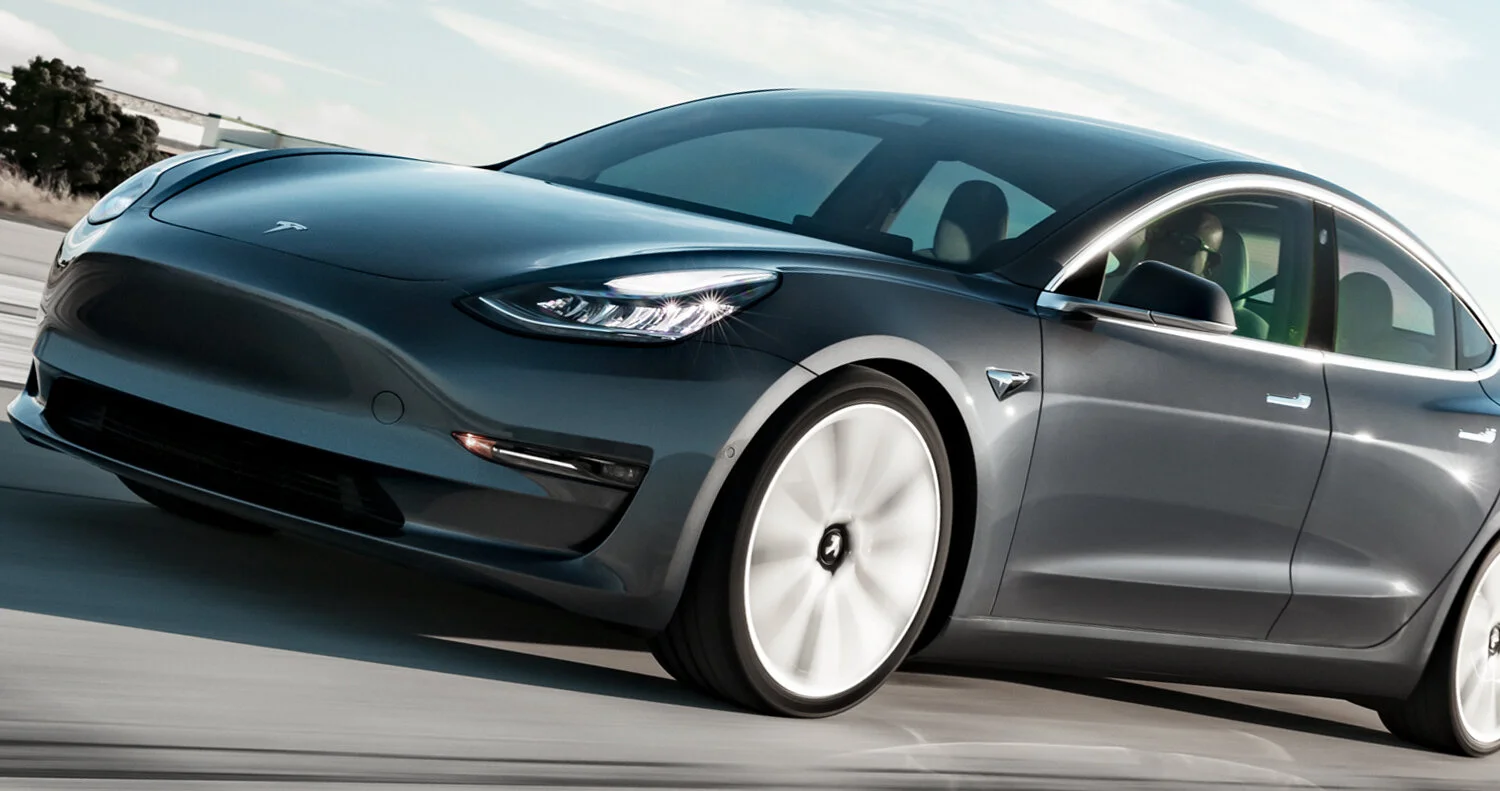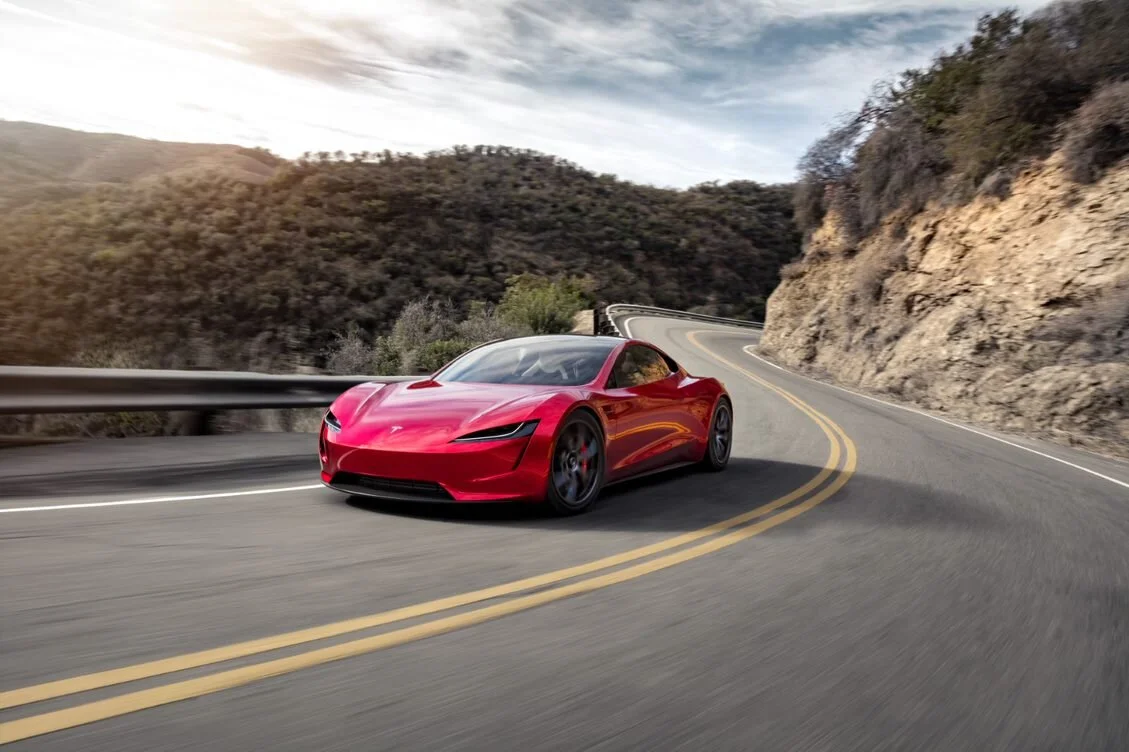Built vs. Bought: Tesla vs. ‘The Other Guys’
[July 16, 2020]
Nikola CEO Trevor Milton famously attempted to throw shade at Musk in a Tweet from November 2019 saying “Hey @elonmusk we don’t build cars or trucks but I’m happy to donate this truck design if your team wants to hit a broader market” showing a rendering of its Badger pickup truck concept.
Nikola’s Trevor Milton hasn’t been shy about the fact that early versions of his company’s Badger were renderings. (Image courtesy Tesla)
If Milton’s intention was to flex on Musk and Tesla somehow with his admission that the truck was nothing more than a CGI rendering that would be built by a contract partner, his boast only reinforced Milton and Nikola detractors’ views that the company is nothing more than a Potemkin Village house-of-cards, with Milton being the proverbial “man behind the curtain” orchestrating an elaborate show for the public, when in fact, there’s very little substance to the company itself.
It appears other aspiring EV startups looking to get a slice of IPO fame and fortune are following Nikola’s model. Following Nikola’s IPO, the re-formed Fisker has just announced its intention to issue an IPO. Similar to Milton’s strange boast “we don’t build cars or trucks,” Fisker is reportedly looking at using a Volkswagen Group platform for its upcoming Ocean SUV, and contract manufacture it with global Tier 1 supplier and contract manufacturer Magna International.
The Fisker Ocean might be built utilizing Volkswagen’s EV platform. (Image courtesy Fisker)
I’m not here to discredit and disparage the efforts of either Nikola or Fisker, however, it is an interesting study in contrasts between these EV upstarts and Tesla which, for better or worse, has established a reputation in the auto industry for being notoriously vertically integrated, even to the point of building its own seats in-house, a practice nearly unheard of in the auto industry.
You’ve probably heard the shopworn axiom “building cars is hard.” Since the 1950s, the industry is littered with smaller manufacturers, some long-established, that simply couldn’t stand up to the established juggernauts and changing consumer tastes. Some were acquired, some went out of business outright. It’s understandable that in today’s age where almost everything can be sub-contracted, startups, at least initially, would rather farm out their labor and engineering than undertake the expensive, tedious task of managing all the research, development, testing, and manufacturing in-house.
However, the in-house approach yields a depth of knowledge and understanding of the product that those that take the contract approach will never have. Some believe this will give Tesla a decisive advantage over other EV startups for years to come.
Naturally, Tesla doesn’t build everything that goes into its cars itself. A teardown of a Model 3 drivetrain and battery management system revealed a who’s who of semiconductor manufacturers, including STMicroelectronics, Texas Instruments, NXP, and Infineon. However, even this approach showcases Tesla’s “best of breed” approach of cherry-picking the best components to meet its performance benchmarks, rather than a supplier simply bidding out the project, and have all the processors come from the same vendor, whether or not their core competency is in that particular area.
I’m not here to say Nikola or Fisker will fail spectacularly in their bid to become the latest “It” EV brand. However, their arms-length approach to product development of doing all the “sexy” work of design and styling in-house while subbing out the dirty, tedious, monotonous work of engineering, testing, and manufacturing to other companies will definitely give them a disadvantage relative to companies willing to do the dirty work to become intimately familiar with all the nuances of their product from the ground up.
(Main image courtesy Tesla)
Follow us on Google News and like us on Facebook!










